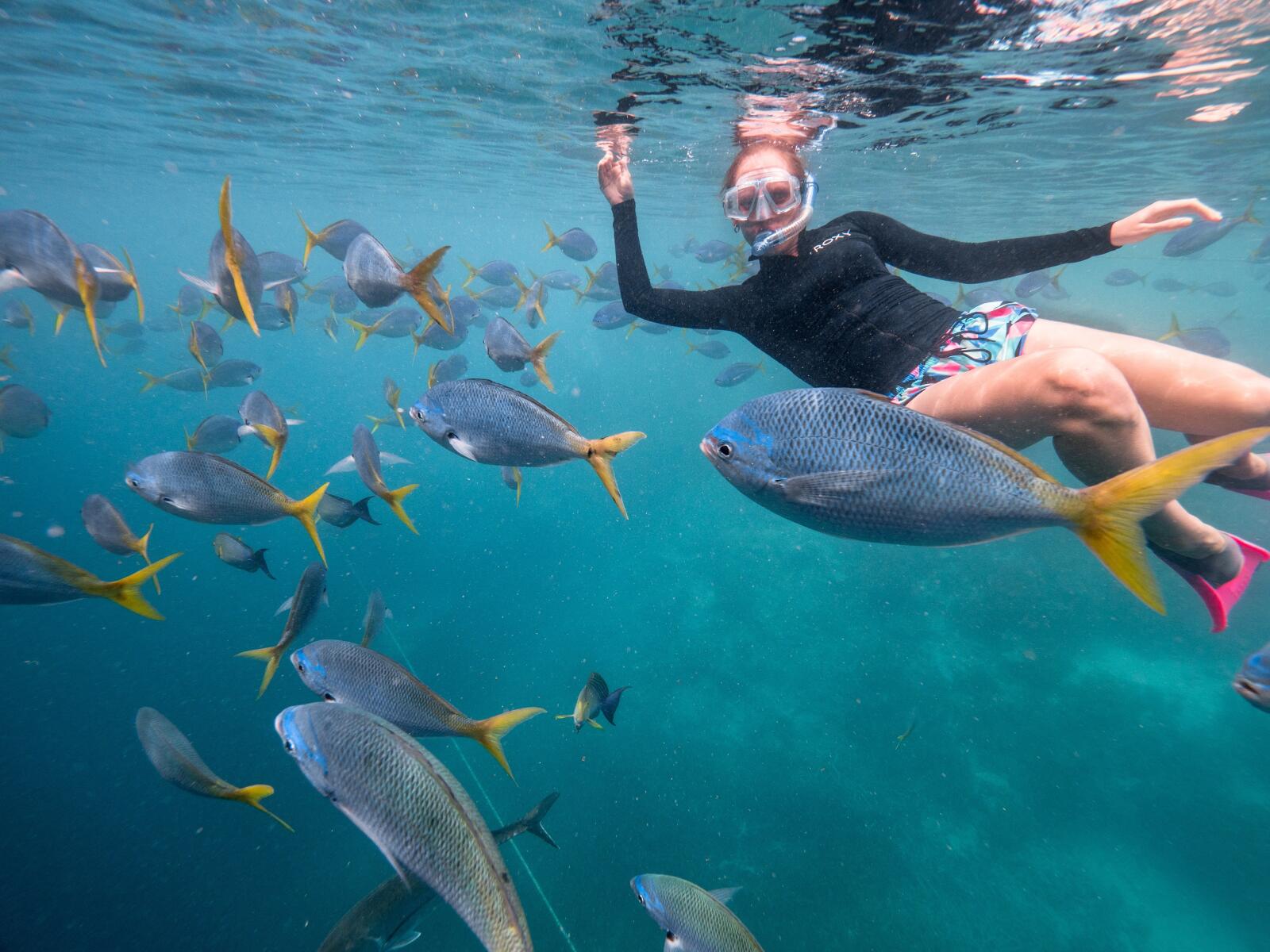
Australia Called Out For Lack of Marine Pollution Action
At the June G7 summit this year, it was the millions of tonnes of plastic dumped into our oceans annually that topped the agenda.
Following Australia's failed Threat Abatement Plan (TAP) in 2009, for which there has been no revised action since it was declared a failure in 2015, former federal environment minister Josh Frydenberg admitted that Australia must do more.
"Australians use more than 5.6 billion single-use plastic bags every year and plastic, more than 13 million tonnes of it, makes its way into our marine environment, causing great destruction," said Mr Frydenberg.
"So we really can do better as a country, as a planet."
In 2015 the Threatened Species Scientific Committee delivered a report to the federal govenerment revealing how the plan had failed to meet key benchmarks.
"Despite progress, particularly in cleanup efforts, it is not possible to state that these criteria have been met during the life of the plan,"
"As a result, this review concludes that the key threatening process injury and fatality to vertebrate marine life caused by ingestion of, or entanglement in, harmful marine debris has not been abated and that the objectives of the threat abatement plan have not been met."
When asked about the government's action since the report was delivered three years ago, former assistant minister Melissa Price released a statement in response.
"The revised plan is expected to be issued later this year. Until a new version is made the 2009 version remains current".
"The Australian Government takes the problem of plastic waste and its impacts on the environment and wildlife seriously, and works with other governments to address ocean pollution," the statement said.
"A number of actions announced at the recent MEM (Ministers of Environment Meeting) meeting will help reduce plastic pollution including a target of 100 per cent of Australian packaging being recyclable, compostable or reusable by 2025 or earlier (and) continuing to eliminate microbeads from cosmetic and personal care products, and examining options to broaden the phase-out to other products."
Managing Director of pollution charity Tangaroa Blue Heidi Teylor shared her frustration with the lack of action by the Australian government.
"We think it should be classified as a hazardous material, it should be cleaned up immediately, restricted in its use and we should be way smarter in how we use a finite resource."
"We've been disappointed by the lack of any leadership on this issues," she said.
"There's been very little funding, it's been very ad hoc, and because there's no national policy it's very hard for agencies and industry and communities to all link into something that they can contribute to."
The Australian Institute of Marine Science (AIMS), an expert on the Great Barrier Reef, joined the call for definitive action, based on widely documented science.
"The projections for marine plastic pollution certainly are very worrying (and) in 2025 the projections are marine plastic will have increased ten-fold,"
"A Threat Abate Plan is an important step in co-ordinating marine plastic pollution right around Australia."
"Globally there's an increasing awareness, it's a global issue, and different areas of the world are progressing in different ways."
(28th August 2018)
